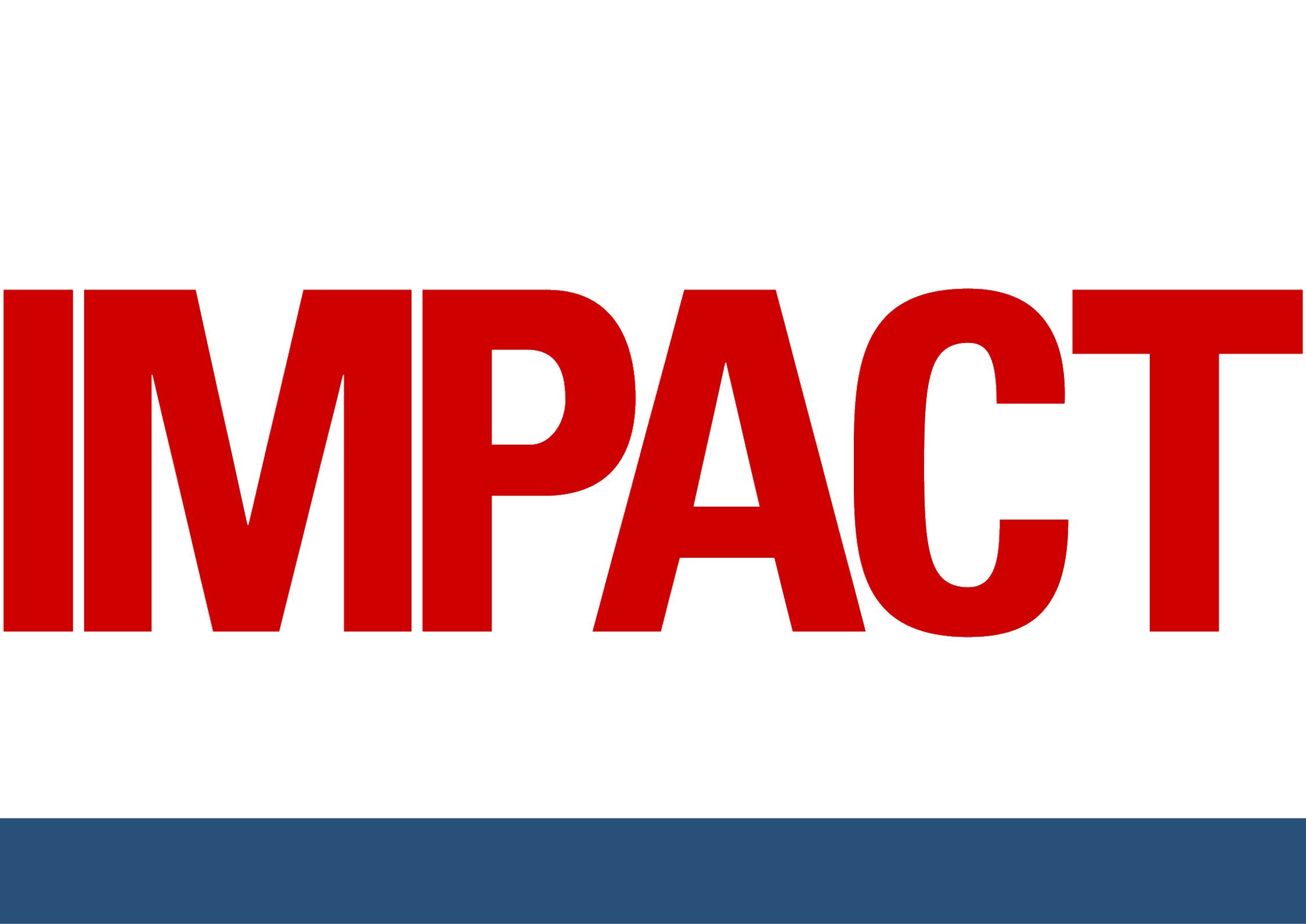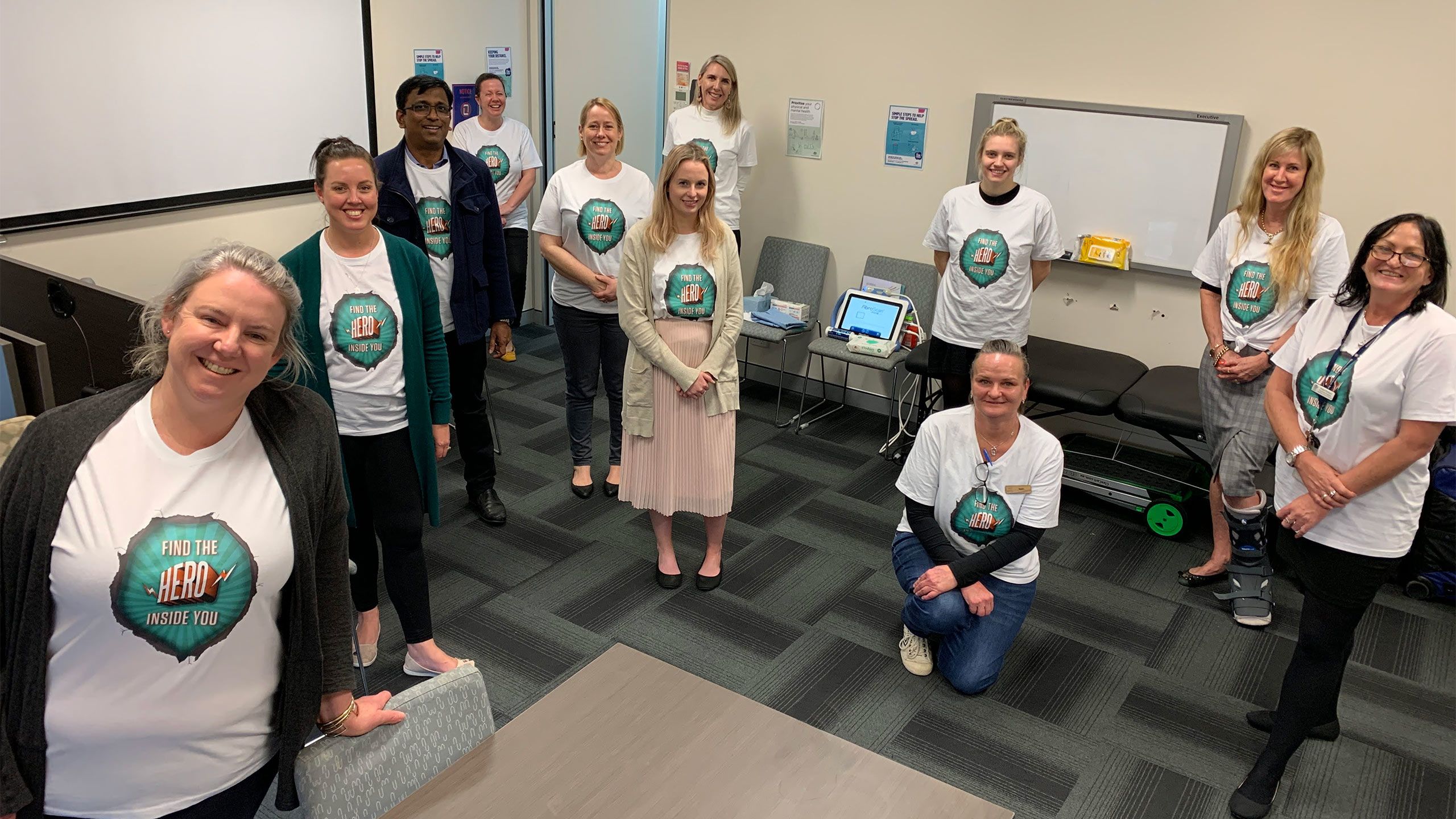
STAYING AHEAD OF THE CURVE
How do you get people to take curative medication for a disease they don’t know they have?
EC Australia partner organisations are using creative strategies to find, test and treat key Australian populations affected with hepatitis C. Many Australians do not know they are infected, or that they could be cured.
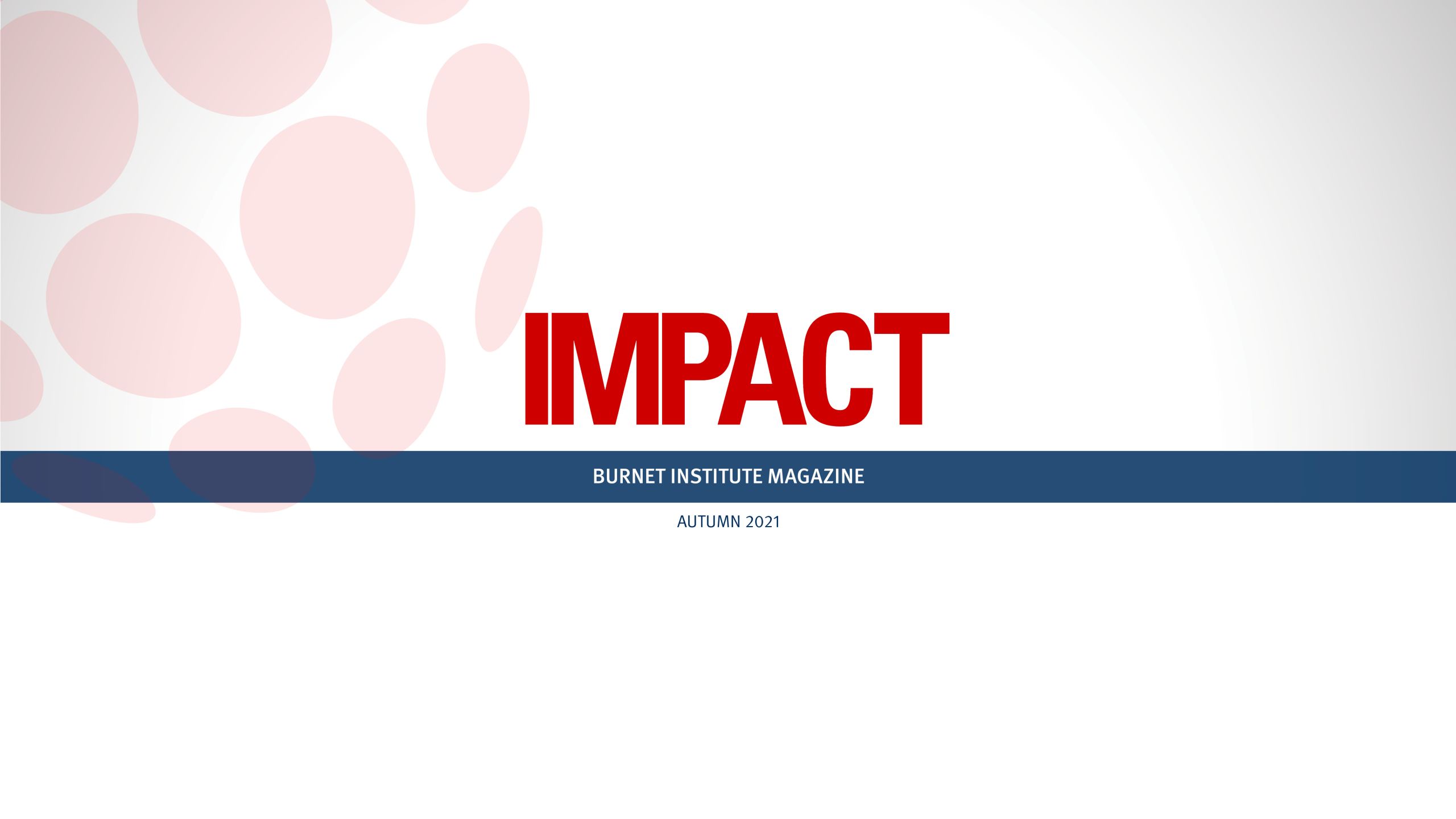
One of the first things marketing students are taught is the innovation adoption curve or diffusion of innovation theory: at what point will certain people take up a new piece of technology or innovation?
The innovators are first: the people who paid $10,000 for a plasma TV in 2003. Following them are early adopters, then the majority and finally the laggards. Whether it’s for a TV or a new medication, this bell curve can be applied to a lot of situations, but it’s not always this simple.
How do you get people to take curative medication for a disease they don’t even know they have? It’s a question which health organisations across Australia are facing as they work towards the World Health Organization's target of eliminating hepatitis C by 2030.
The addition of direct-acting antivirals (DAAs) to the Pharmaceutical Benefits Scheme in 2016 saw a flurry of activity, as tens of thousands of people accessed the treatment and have since been cured – the early adopters.
Finding an estimated 110,000 Australians living with hepatitis C requires creativity and commitment
It’s something that Hepatitis Queensland Project Officer, Winnie Nguyen is keenly focused on.
Last year, Winnie and her colleagues launched the Community Corrections Hepatitis C Project. They are screening people on community corrections orders through a free clinic at the Redlands Community Corrections Centre in Brisbane’s south-east.
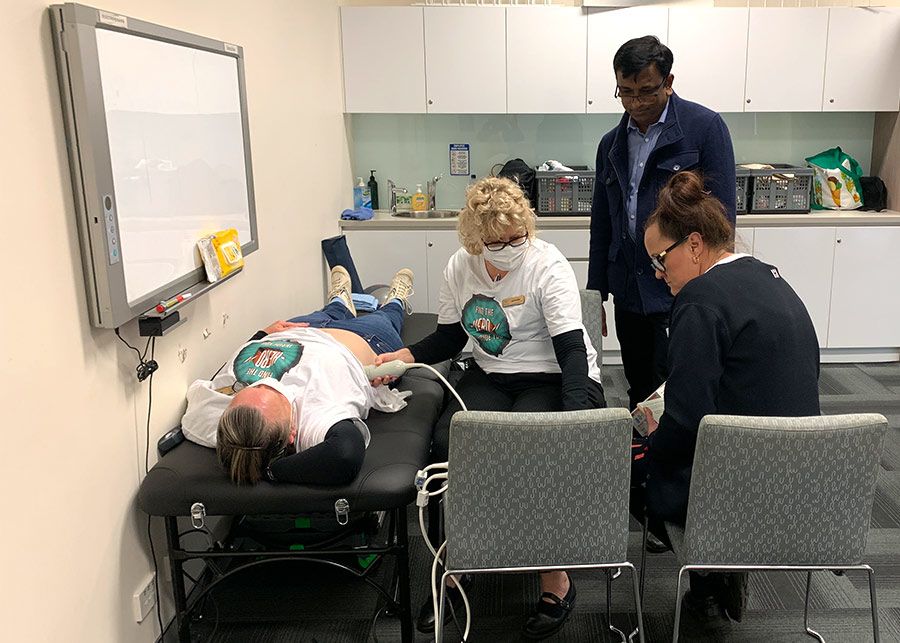
Hepatitis Queensland project team Sam and Jeanette, Dr Thushara, and QML pathologist Deb gathered together for a Fibroscan demo at the Redlands Community Corrections Centre in Brisbane.
Hepatitis Queensland project team Sam and Jeanette, Dr Thushara, and QML pathologist Deb gathered together for a Fibroscan demo at the Redlands Community Corrections Centre in Brisbane.
“So far we’ve screened 55 people and got a 25 per cent positive RNA rate, which is quite high for the community,” Ms Nguyen said.
“We have successfully engaged with all RNA positive patients and have already seen six people complete their treatment.”
You're reading IMPACT magazine | Subscribe today
Winnie doesn’t like the term ‘hard to reach’; instead, she and her team saw a great opportunity in testing and treating people transitioning back into the community.
Australia has a strong hepatitis C treatment program in prisons – in 2019, around 29 per cent of all hepatitis C treatment episodes in Australia were commenced in prisons.
However, Hepatitis Queensland identified there was a group of people who were missing out on accessing the hepatitis C program in prison due to short sentences or being unaware that treatment was available.
There’s also a large group of people serving their sentence in the community through community corrections orders. These groups may be missing out on getting access to treatment.
“We’re really finding people that have not been reached at all.”
The free, fortnightly hepatitis C clinic engages with people who are waiting for an appointment with their case manager. Initially the project was opportunistic, but word is spreading quickly in the Redlands Shire.
“Sometimes people just walk in because they have heard about the clinic, and they’re really interested,” Winnie said.
“We’re providing this one-stop shop model, trying to eliminate as many barriers as we can.”
“We’re improving the quality of life for clients who would have never accessed hepatitis C treatment before.”
Winnie Nguyen, Hepatitis Queensland Project Officer
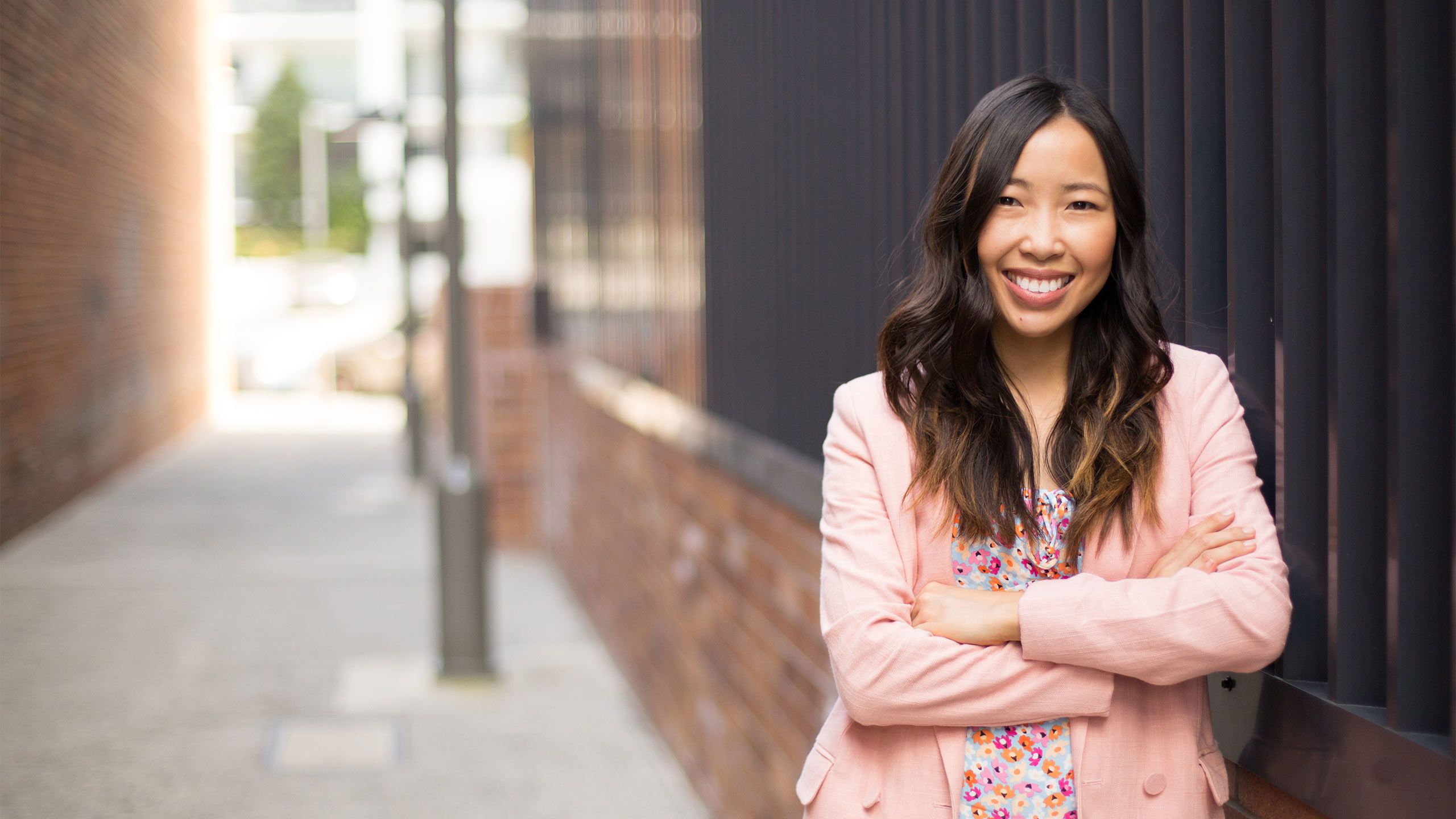
Barriers range from the practical – clients not knowing their Medicare number or having transport difficulties to go and pick up their scripts – to more attitudinal ones, such as a past bad experience with a healthcare provider.
“Our case managers have said that some of their clients who have completed treatment with us look so much healthier,” Winnie said.
The project, supported through EC Australia, has been very successful and has led to Winnie and her team expanding by two sites in South-east Queensland, and looking to expand nationally.
“Projects like these add a lot of excitement to the sector, and really demonstrate an impact to the community and there’s some great stories that come out of it,” she said.
“We’re improving the quality of life for clients who would have never accessed treatment before.”
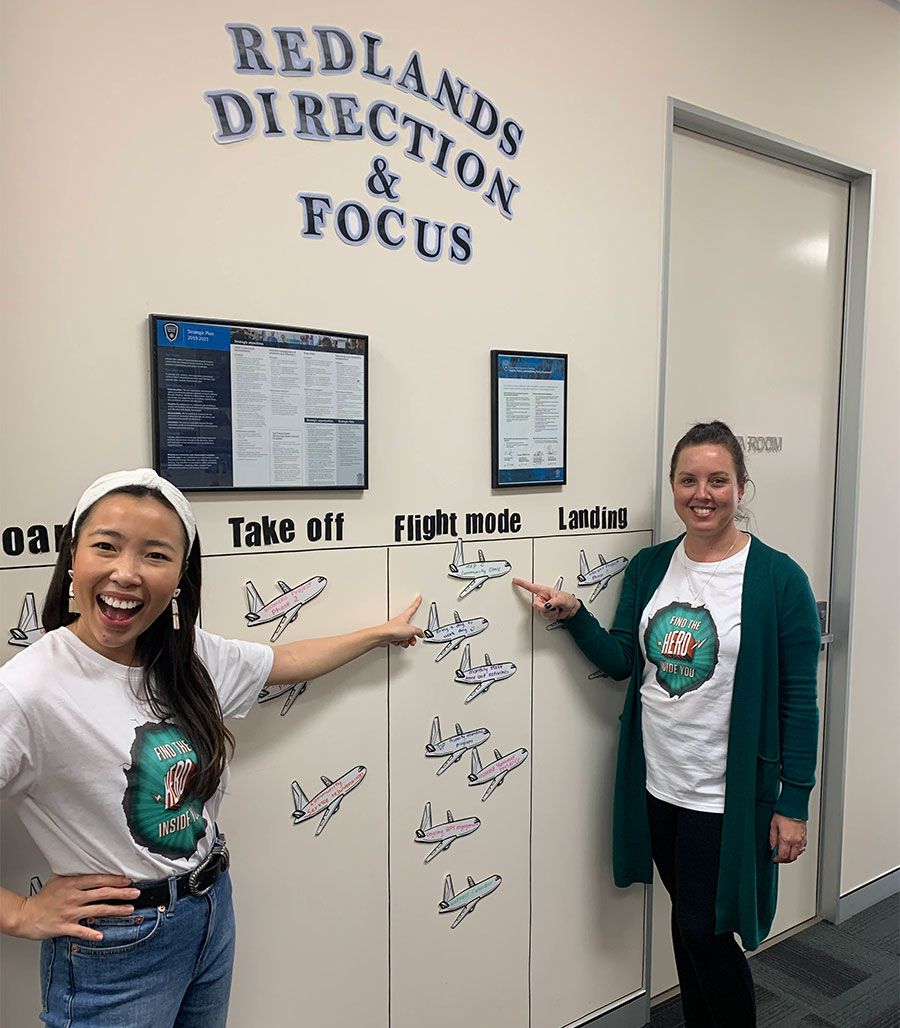
Hepatitis Queensland Project Officer Winnie Nguyen, and Redlands Community Corrections Supervisor Renee Egyed celebrates the launch of the Hepatitis C Testing and Treatment Clinic.
Hepatitis Queensland Project Officer Winnie Nguyen, and Redlands Community Corrections Supervisor Renee Egyed celebrates the launch of the Hepatitis C Testing and Treatment Clinic.
Winnie puts the Hepatitis Queensland project’s success down to a passionate and supportive team working at the clinics, as well as support from the EC Australia Partnership which she says will be crucial to create a framework to scale up nationally.
Cairns Sexual Health Service: Successful incentive program rolled out
Further north, a different means of reaching people with hepatitis C has also been successful. Cairns Sexual Health Service implemented a short-term financial incentives program to engage clients in a needle and syringe program (NSP) service.
Cairns Sexual Health Service HIV and Viral Hepatitis Coordinator, Carla Gorton said in a six-month period during 2020 her team engaged over 100 clients who were provided incentive payments throughout the care cascade, from hepatitis C testing, to treatment and cure.
The program reached a high proportion of male and Aboriginal and/or Torres Strait Islander clients. Of those who tested positive for hepatitis C, 83 per cent commenced treatment.
Please support our viral hepatitis research | Donate today
Eighty-five per cent recorded their first pathology result with Queensland Health, demonstrating the program’s success in reaching people who had likely never had a hepatitis C test.
Carla said EC Australia’s partnership was important in showing the success of the project, which will inform future studies and allow similar projects to be established in other areas.
“Partnering with EC Australia has allowed Cairns Sexual Health Service to tap into project monitoring and evaluation expertise to support our work in Far North Queensland.”
Hepatitis Queensland and Cairns Sexual Health are just two of 21 EC Australia partner organisations. In 2020, EC Australia supported the rollout of 21 workforce development projects Australia-wide.
EC Australia Program Manager, Workforce Development and Health Service Delivery, Dr Jacqui Richmond said she was proud of how partner organisations adapted to COVID-19 restrictions in the past 12 months to ensure they kept reaching out and treating clients for hepatitis C.
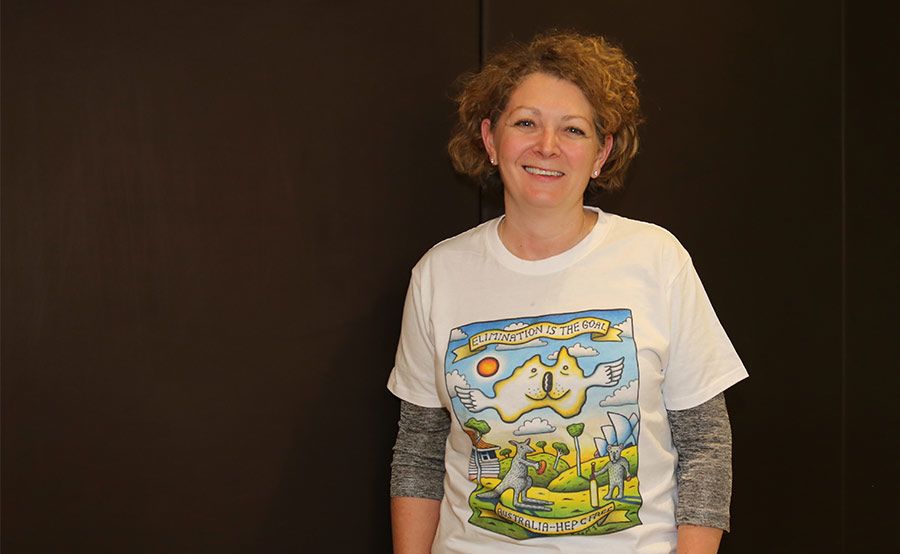
Dr Jacqui Richmond, EC Australia Program Manager
Dr Jacqui Richmond, EC Australia Program Manager
“Hepatitis Queensland and Cairns Sexual Health Service are shining examples of what committed and innovative teams can achieve, even when a pandemic gets in the way.”
“I’m thrilled that there are so many other positive stories like this across Australia. We need to be adaptable and forward thinking in order to meet our hepatitis C elimination goal,” she said.
“With dozens of dedicated organisations working together and learning from one another, I’m confident we will achieve this target and cure thousands more Australians from hepatitis C.”
EC Australia is funded by the Paul Ramsay Foundation and coordinated by Burnet Institute. Formed in 2019, EC Australia brings together researchers, implementation scientists, government, health services and community organisations to ensure Australia sustains high numbers of people accessing hepatitis C treatment.

EC Australia led by Burnet Institute and supported by Paul Ramsay Foundation
EC Australia led by Burnet Institute and supported by Paul Ramsay Foundation

Make an Impact | Donate Today
Please donate today and support viral hepatitis research. Every donation makes a difference to the lives of vulnerable communities where we work.
Contact Us
If you would like to discuss this edition with our team please contact Tracy Parish.
E: communications@burnet.edu.au
T: +61 3 9282 2111
Where possible people who appear in images included in this publication were photographed with their permission. There is no implication that these people have any infectious diseases.
Stay across the latest from Burnet Institute
Subscribe to IMPACT magazine today
Discover the IMPACT of Burnet’s medical research breakthroughs and public health projects in the Institute’s bi-annual magazine.
